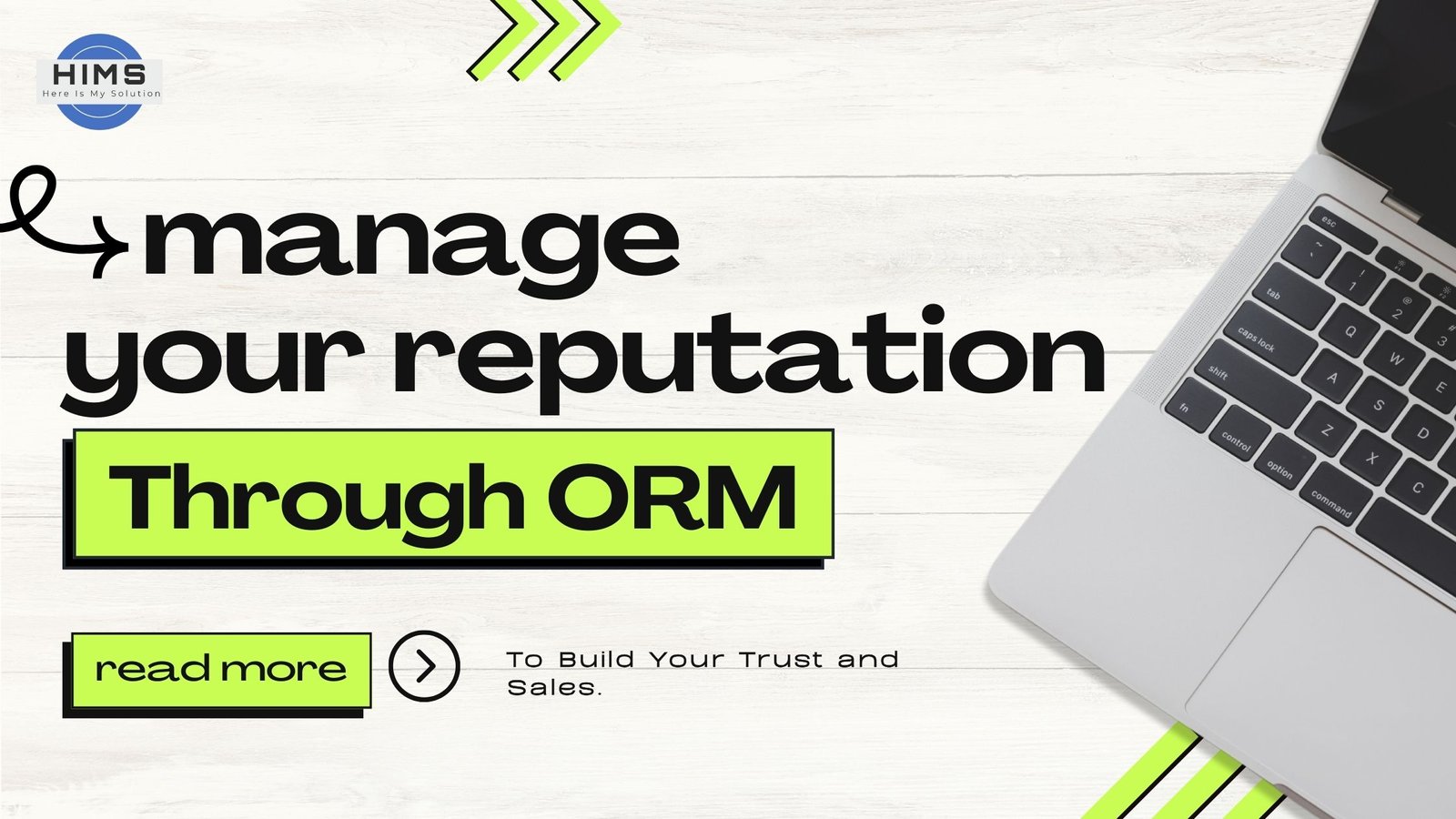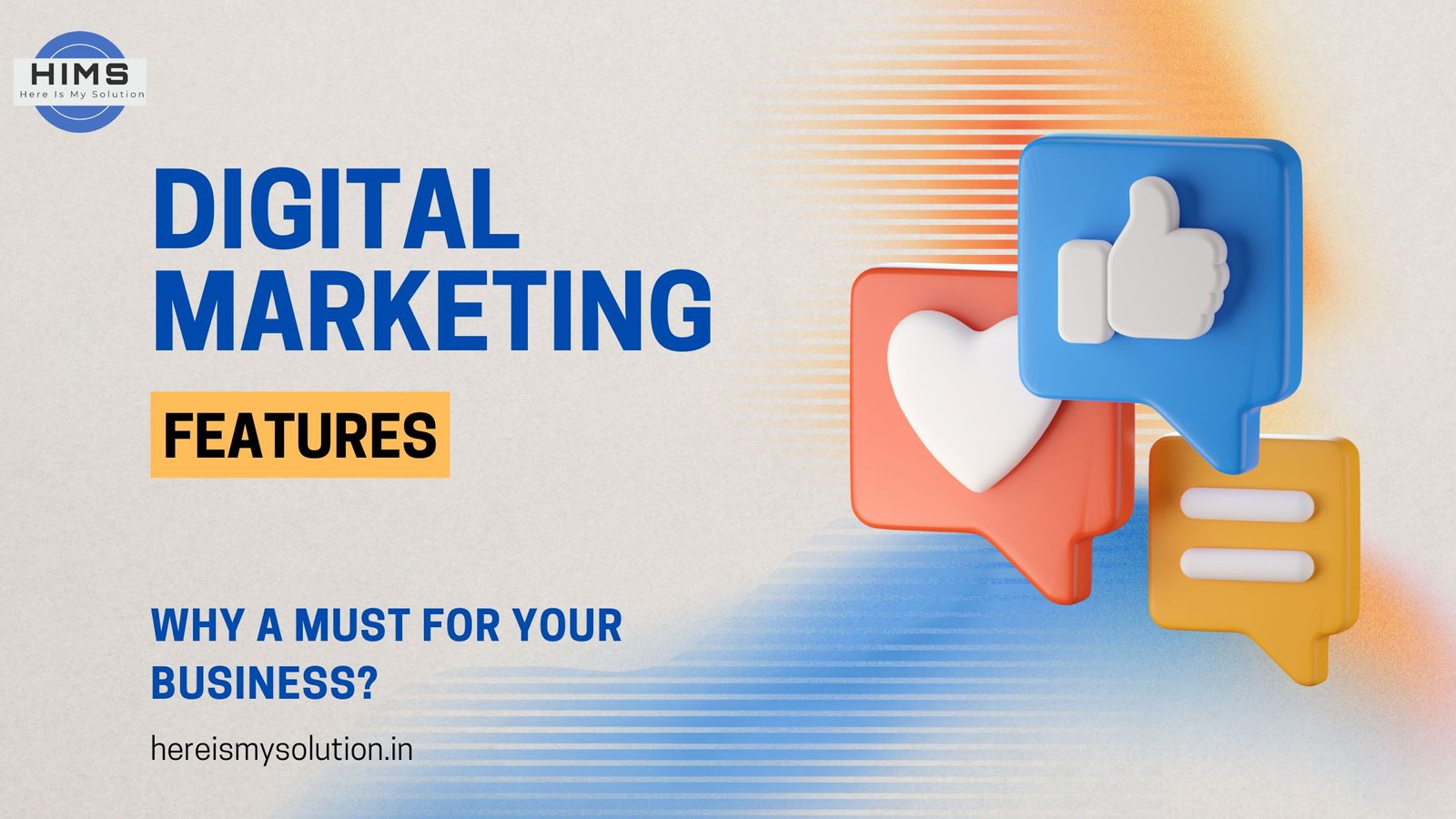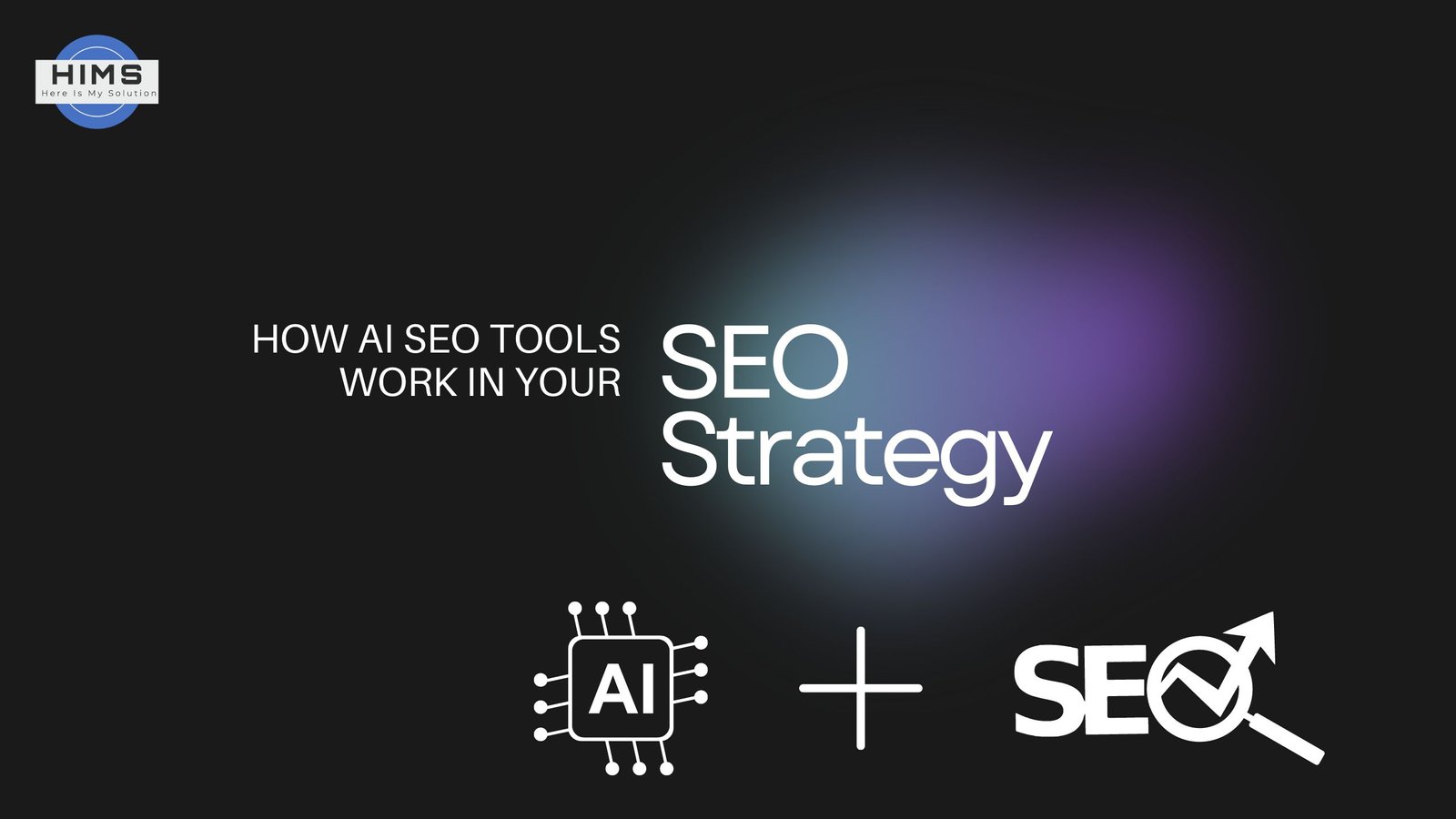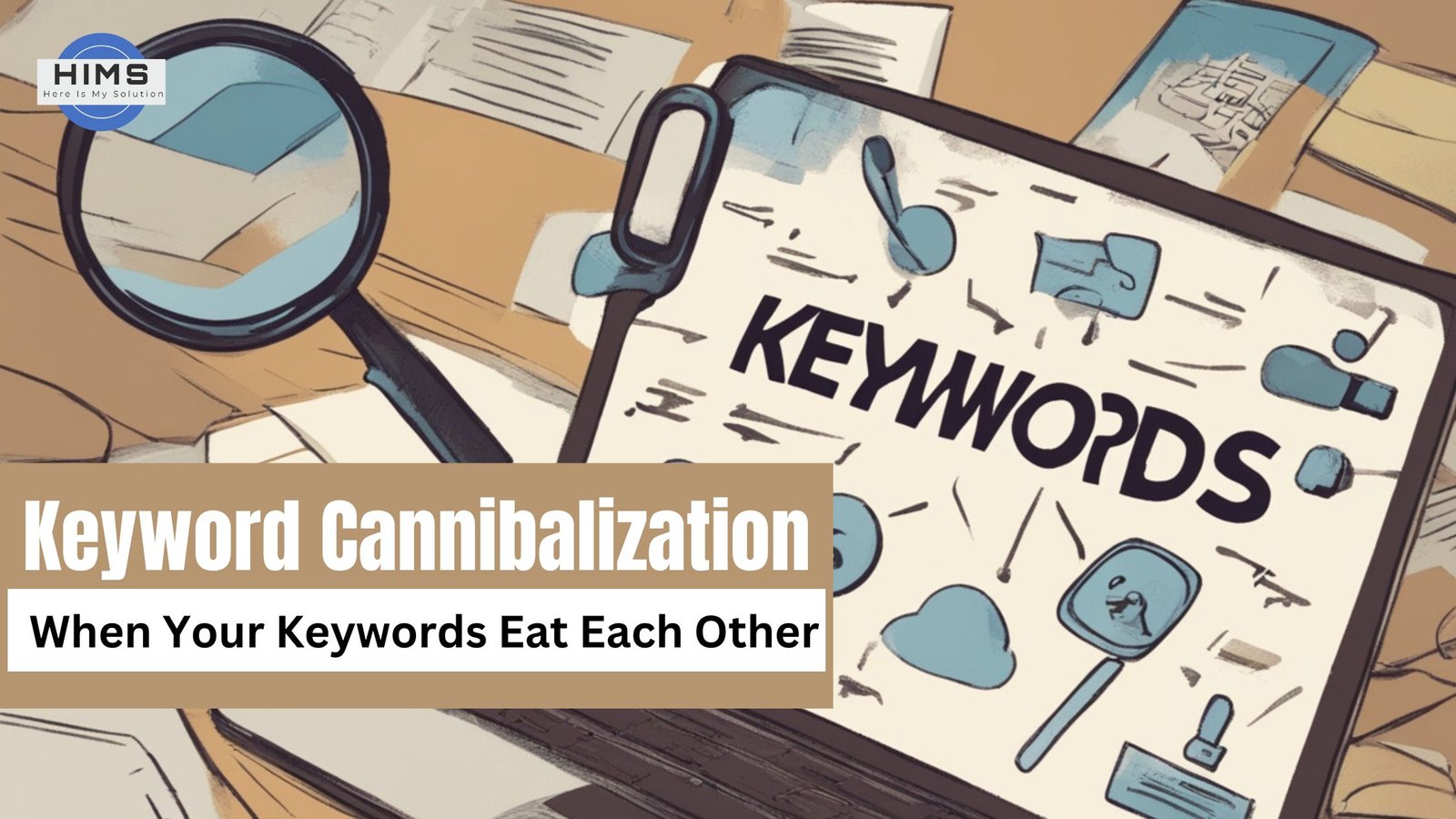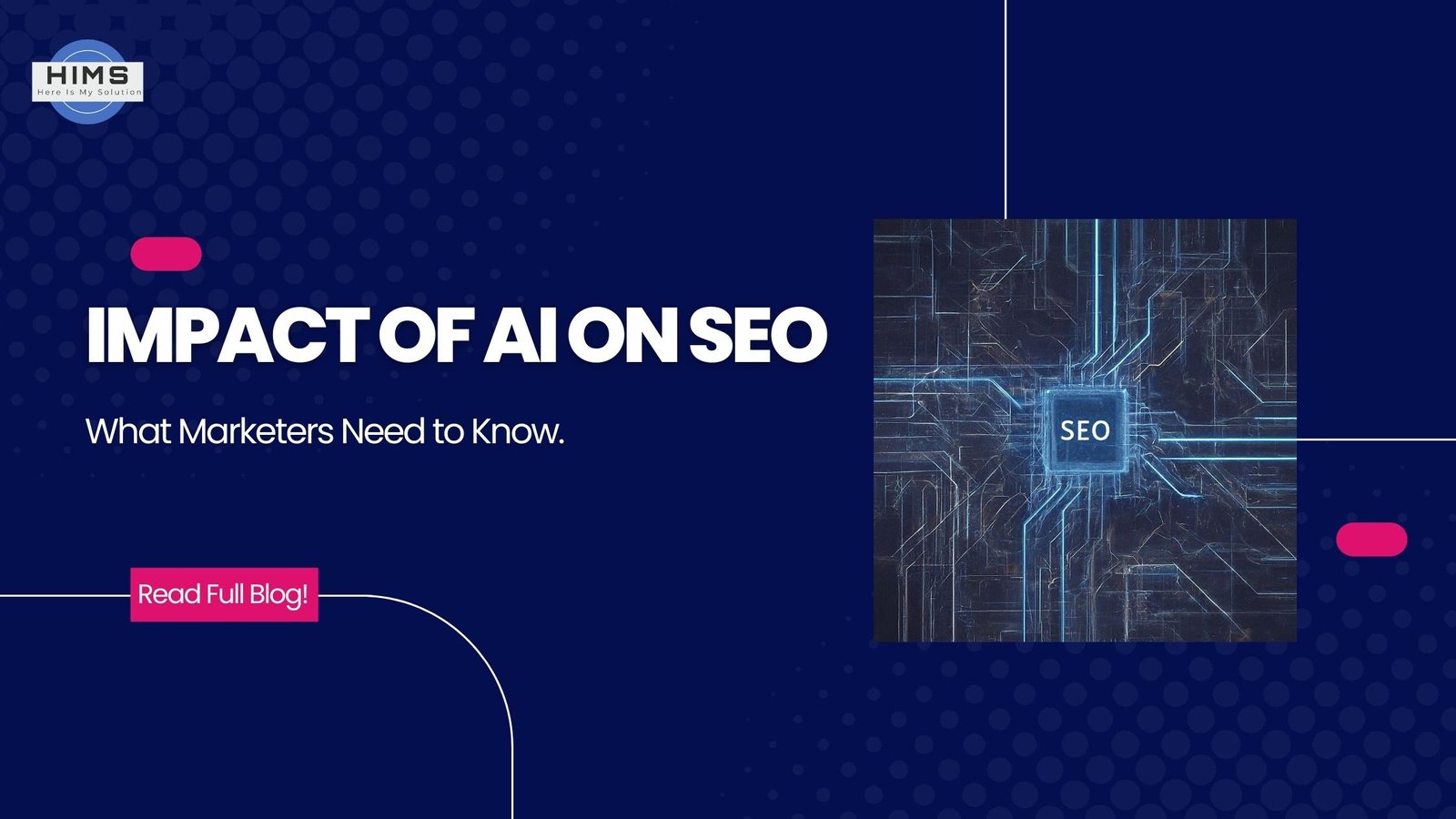Have you ever Googled yourself or your business? What did you find? Whether it’s glowing reviews or embarrassing old photos, your online reputation matters. In today’s digital age, it’s your brand’s virtual storefront.
ORM (Online Reputation Management), is the art and science of shaping how people perceive your brand online. It’s about taking control of your digital narrative and building a reputation that fosters trust, credibility, and ultimately, business growth.
Why ORM is the Unsung Hero of Digital Marketing
Imagine this: Two businesses offer similar products at comparable prices. One has a slew of five-star reviews, while the other has a string of complaints about poor customer service. Which would you choose?
ORM is the key to ensuring your business is the one with the shining reputation. In fact, studies show that 91% of consumers trust online reviews as much as personal recommendations. Ignore your online reputation, and you’re missing out on potential customers and revenue.
Breaking Down ORM: What It Is and What It Does
ORM is all about:
- Monitoring: Keeping tabs on what’s being said about your brand across the web, from social media to review sites.
- Managing: Responding to feedback, both positive and negative, in a way that showcases your brand’s values.
- Building: Actively creating and promoting positive content that reinforces your desired image.
ORM is not about trying to bury negative feedback or create a false persona. It’s about authenticity, transparency, and genuine engagement. Think of it as a conversation with your audience, not a monologue.
ORM: The Powerhouse of Digital Marketing
ORM is not just about damage control. It’s a strategic tool that fuels your overall digital marketing efforts. Here’s how:
- Credibility and Trust: A favourable internet reputation fosters credibility with prospective clients. They’re more likely to choose you if they see that others have had great experiences.
- Example: Apple’s reputation for innovation and quality is a major factor in their continued success, even when their products are more expensive than competitors.
- Brand Image: ORM helps you craft and maintain a consistent brand image across all online channels.
- Example: Nike’s “Just Do It” campaigns not only promote their products but also reinforce their brand as one that inspires and empowers athletes.
- Crisis Management: In the event of negative publicity, a solid ORM strategy helps you respond swiftly and effectively, minimizing damage.
- Example: When a United Airlines passenger was forcibly removed from a flight, the airline’s slow and tone-deaf response caused a massive PR crisis.
Let’s Take A Deep Dive into ORM Strategies: A Step-by-Step Guide
Let’s get tactical and explore specific ORM strategies you can implement:
- Claim Your Online Real Estate: Ensure you have a presence on all major review sites and social media platforms relevant to your industry. Complete your profiles with accurate information and engaging visuals.
- Encourage and Respond to Reviews: Actively solicit reviews from satisfied customers. A simple email or text message after a purchase or service can go a long way. When responding to reviews, be professional, and courteous, and address any concerns raised thoughtfully.
- Tip: Don’t just respond to negative reviews. Engaging with positive reviews shows you value all feedback and helps create a positive brand image.
- Build a Content Fortress: Create a steady stream of high-quality content that positions your brand as an industry leader. This could include blog posts, articles, videos, infographics, or even podcasts. Share this content across your social media channels and encourage your audience to share it as well.
- Example: If you’re a fitness brand, create workout videos, healthy recipes, or articles on exercise tips. This not only provides value to your audience but also establishes your brand as an authority in the fitness space.
- Engage, Engage, Engage: Social media is a powerful tool for ORM. Respond to comments and messages promptly, participate in relevant conversations, and use social listening tools to track brand mentions. Show your audience that there are real people behind your brand who care about their opinions and experiences.
- SEO for ORM: Optimize your online content for relevant keywords related to your brand and industry. This will help push positive content higher in search results, making it more likely to be seen by potential customers.
- Example: If you’re a dentist, optimize your website and content for keywords like “best dentist in [your city],” “dental care tips,” and “affordable dental services.”
ORM Case Study: A Lesson in Reputation Resilience
Remember the 2017 United Airlines incident? It’s a classic example of how NOT to handle a PR crisis. But there are also positive examples of brands that have used ORM to their advantage.
Take the case of Domino’s Pizza. In the late 2000s, they faced a wave of negative publicity due to complaints about the quality of their pizza. Instead of ignoring the criticism, they embraced it. They launched a campaign called “Pizza Turnaround,” where they publicly acknowledged their shortcomings and committed to improving their recipes. This transparent and self-deprecating approach resonated with consumers, and Domino’s was able to turn its reputation around and regain customer trust.
ORM: It’s A Long Game
ORM is not a quick fix. It’s a marathon, not a sprint. It requires ongoing effort and dedication. But the payoff is immense. A strong online reputation can be the difference between thriving and struggling in today’s competitive digital landscape.
The ORM Full Form in Digital Marketing: A Quick Recap
In case you missed it earlier, ORM stands for Online Reputation Management. It’s a critical aspect of digital marketing that focuses on shaping how your brand is perceived online.
By understanding the ORM full form in digital marketing and implementing the strategies outlined in this guide, you can take control of your brand’s online narrative and build a reputation that attracts customers, drives sales, and fosters long-term loyalty.
Your Next Steps: Take Action!
Now that you have a deeper understanding of ORM, it’s time to put this knowledge into action. Audit your current online presence, identify areas for improvement, and start implementing these strategies today. Your brand and future self will appreciate it!
ORM Strategies and Techniques: Your Toolkit for Success
- Monitoring Tools: Use tools like Google Alerts, Mention, or Brand24 to track mentions of your brand.
- Review Management: Respond to reviews on platforms like Google My Business, Yelp, and Trustpilot. Thank those who have left favourable reviews, and responded to criticism helpfully.
- Content Creation: Create high-quality blog posts, articles, and social media content that showcase your expertise and add value to your audience.
- Social Media Engagement: Be active on social media, respond to comments and messages, and participate in relevant conversations.
The Rewards of a Stellar Online Reputation
Effective ORM yields tangible benefits:
- Improved customer perception: Happy customers are more likely to recommend you to others and become repeat buyers.
- Increased sales and revenue: A positive reputation can lead to a significant increase in sales, as consumers are more likely to trust and purchase from a well-regarded brand.
- Long-term brand loyalty: By consistently delivering on your brand promise and managing your reputation, you can foster long-term loyalty among your customers.
ORM Challenges: Navigating the Rough Waters
ORM isn’t always smooth sailing. Some challenges include:
- Fake reviews: Learn to spot and report fake reviews.
- Negative publicity: Develop a crisis management plan to address negative press quickly and effectively.
- Resource allocation: ORM requires ongoing effort. Determine how much time and resources you can realistically dedicate.
The Future of ORM: What’s on the Horizon?
ORM is constantly evolving. Here’s what to expect:
- AI and automation: AI-powered tools will become increasingly sophisticated in monitoring and managing online reputations.
- Personalization: ORM strategies will become more tailored to individual customers and their preferences.
- Integration: ORM will become more closely integrated with other digital marketing channels like SEO and social media.
Conclusion: Your Online Reputation is Your Digital Gold
Your online reputation is a valuable asset that deserves your attention. Investing in ORM can build trust, enhance your brand image, and ultimately drive business growth.
Remember: ORM is not a one-and-done task. It’s an ongoing process that requires consistent effort and vigilance. But the rewards – in the form of loyal customers, increased sales, and a strong brand – are well worth the investment.
Ready to take control of your online narrative? Let us help you start implementing these ORM strategies today and watch your brand reputation soar!

